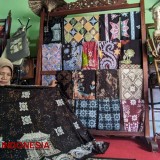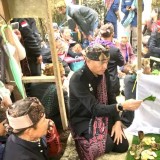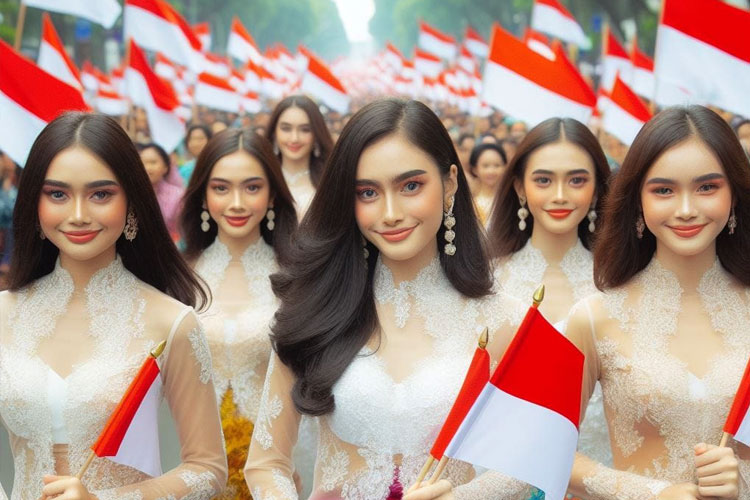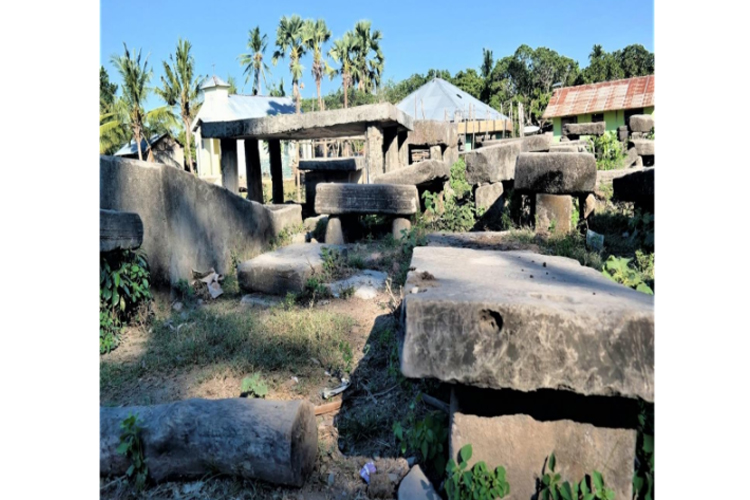TIMES JAZIRAH, JAKARTA – The Muslim community in Indonesia has their own way to celebrate the upcoming Ramadan, a one month full od fasting in Islam. This tradition is so called Megengan. This is one of their way to honor the sacred month and remind them the importance on the ninth month in Isalmic Calendar.
Megengan stands as a unique cultural fusion of Javanese traditions and Islamic customs. It's deeply embedded in the historical narrative of the spread of Islam in Java.
This ceremonial practice orchestrated by Walisongso, Islamic missionaries, carries the profound objective of nurturing acceptance and understanding of Islam within the Javanese community.
This tradition positioned strategically in the last week of the month of Sya'ban. It acts as a symbolic bridge between the consecrated months of Rajab and the eagerly anticipated Ramadan.
Timing and Symbolism
The timing of Megengan, in the week leading up to Ramadan, serves as a timely reminder for Muslims to mentally and spiritually prepare for the upcoming fasting month. It acts as a prelude, setting the stage for the profound experience of Ramadan.
Beyond this, Megengan also emphasizes seeking forgiveness and reconciliation within the community, symbolized by the distribution of a traditional Javanese delicacy known as "apem". The term "apem" finds its roots in the Arabic words "ngafwan" or "ngafwun," denoting the act of seeking forgiveness.
In the context of Megengan, apem transcends its culinary identity, becoming a symbolic representation of the community's collective gratitude for the opportunity to welcome Ramadan. Through the sharing of homemade apem, individuals express their thanks and seek forgiveness from those around them.
Rituals and Practices
Megengan is not merely a standalone event but is embedded in a series of rituals and practices. Before the actual celebration, community members engage in a tradition called "nyekar," where they visit graves, offer prayers, and scatter flowers.
The Megengan event itself takes place in various settings, such as mosques, musholas (prayer rooms), langgars (local religious buildings), or even in the intimate setting of house-to-house visits. The event typically unfolds in the late afternoon, with invited guests seated on mats around a central serving area called "ambengan".
Here, the host articulates their wishes to community elders, who subsequently convey these desires through prayers. Following the prayers, the ambengan, laden with various treats, is shared among the guests, fostering a sense of community, togetherness, and shared celebration.
Continuity and Tradition
"We have conducted this tradition for hundred years as a symbol of gratitude towards The Lord for giving us a moment to meet with this sacred month again," Rudy, a local community of Mlang, East Java, Indonesia said (7/3/2024).
Megengan is not a fleeting phenomenon but a deeply entrenched tradition, especially in the regions of East Java and Central Java. However, this tradition might also conducted in annothr area in Indonesia with different name.
Passed down through generations, this ritual reflects the resilience of cultural and religious practices, bringing communities together in preparation for the sacred month of Ramadan. In its continuation, Megengan serves as a living testament to the harmonious coexistence of Javanese culture and Islamic traditions, weaving a tapestry of unity and reverence for the holy month.(*)
Artikel ini sebelumnya sudah tayang di TIMES Indonesia dengan judul: Megengan: A Javanese-Islamic Tradition Marking the Arrival of Ramadan
| Writer | : Khodijah Siti |
| Editor | : Khodijah Siti |

























